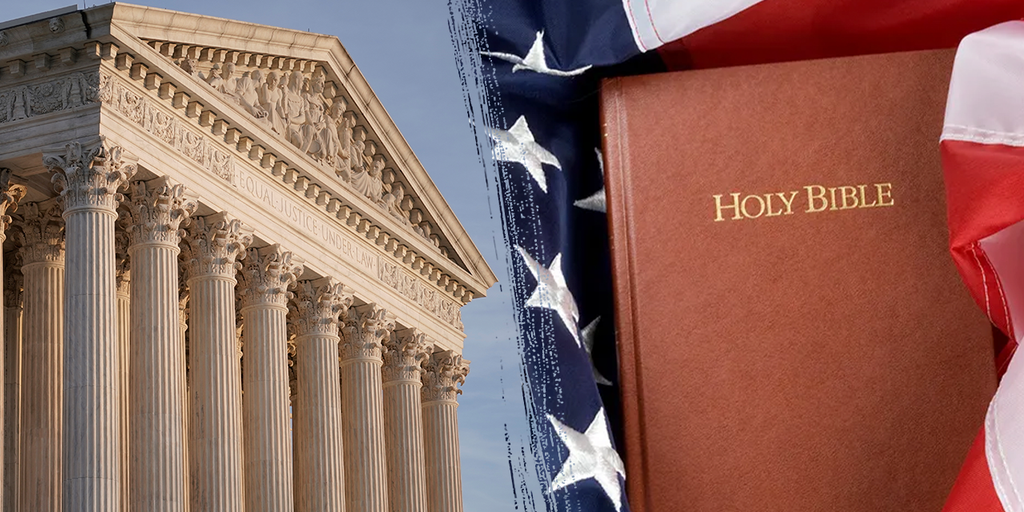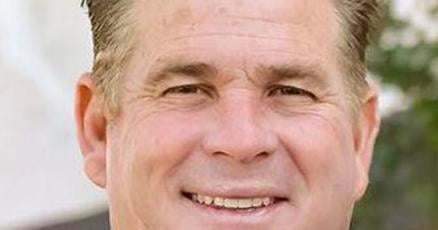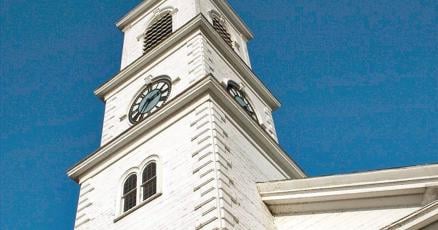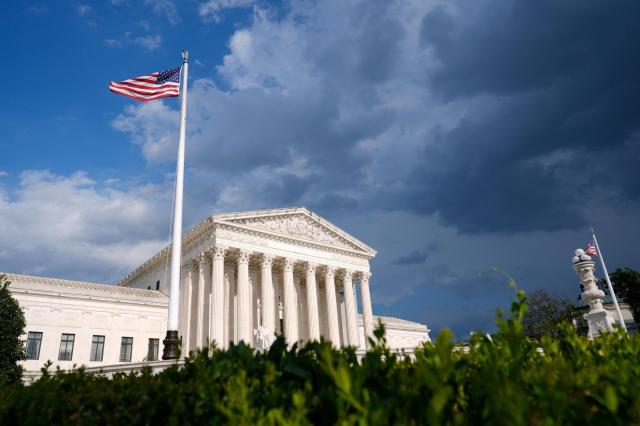
Faith United: Nevada Clergy Demand Compassionate Immigration Overhaul
In a powerful display of interfaith solidarity, religious leaders across Nevada have united to address the complex issue of immigration enforcement. The Board of Rabbis of Southern Nevada, alongside representatives from various Christian denominations, have penned an open letter to state politicians, calling for a compassionate and nuanced approach to immigration policy. The collaborative effort highlights the growing concern among faith communities about the human impact of current immigration practices. By joining forces, these religious leaders are sending a clear message that immigration is not just a political issue, but a deeply human one that requires empathy, understanding, and respect for individual dignity. Their open letter seeks to influence state-level discussions and promote a more humane perspective on immigration enforcement, demonstrating the important role religious communities can play in shaping public policy and social discourse.










